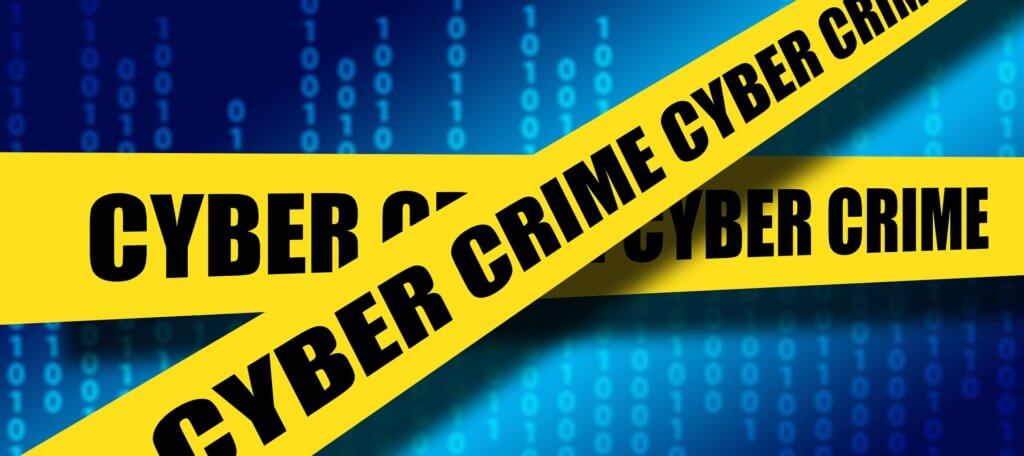
With their ability to compromise energy networks’ security, ‘Internet of Things’ botnets or IoT botnets are a grave threat to our infrastructure and energy usage. The Georgia Institute of Technology has researched the matter and devised a theory about how the daily use of electronic appliances in our homes can be hacked into, enabling cybercriminals to tweak the electricity grid however they like.
The research was primarily based on data from the New York and California energy markets to get a clear picture of how real-time and day-ahead market fluctuations differ. To understand the mechanism behind IoT-based botnets and how they are used to manipulate energy pricing without getting caught, the data from these markets proved helpful to the researchers.
The Hiring of Botnets for Cybercrime
While the movies and the big newspapers talk freely about evil high-tech devices that know your every move and are capable of eventually destroying humanity, these machines are still highly uncommon. However, this might not be the case soon. In fact, the Federal Energy Regulatory Commission filed 16 market manipulation cases in 2018 alone. As far as botnets are concerned, they are increasingly common and are readily available on different forums for criminals to hire and use to their liking.
While these hackers proceed with caution and do not attempt to manipulate the energy systems very obviously, their minor tweaking alone can, and does, give them significant benefit. An increase of as little as 7% daily for 100 days in a year can add up to $24 million in profit annually.
A Step Closer to a Secure Future
As these issues arise and industries begin to suffer losses, greater attention has been paid to investing in cybersecurity in recent years. A report by Accenture tells us that as much as 61% of industries are now putting some money and effort into cybersecurity. However, we still have a long way to go. In 2018, there was a massive breach of control and data systems in 60% of infrastructure companies. While industries have taken a step towards protecting the energy systems, the efforts to ensure a safe and sustainable future mustn’t stop here because the cyber-criminals will never stop launching attacks.
The Role of Regulatory Powers
One of the key ways governments and other authorities are bidding to ensure cybersecurity is digital transformation. It is also likely that these authorities will implement strict laws and regulations to protect the energy produced in their country if they believe the industries are failing to take the necessary measures. One example of this is the North American Reliability Corporation issuing fines worth millions of dollars to those not adhering to the present regulations.
There is no doubt about how crucial it is to ensure the security of the energy systems. However, if the industries lack the effort to protect themselves, the state might be left with no choice but to force them to comply with regulations.
